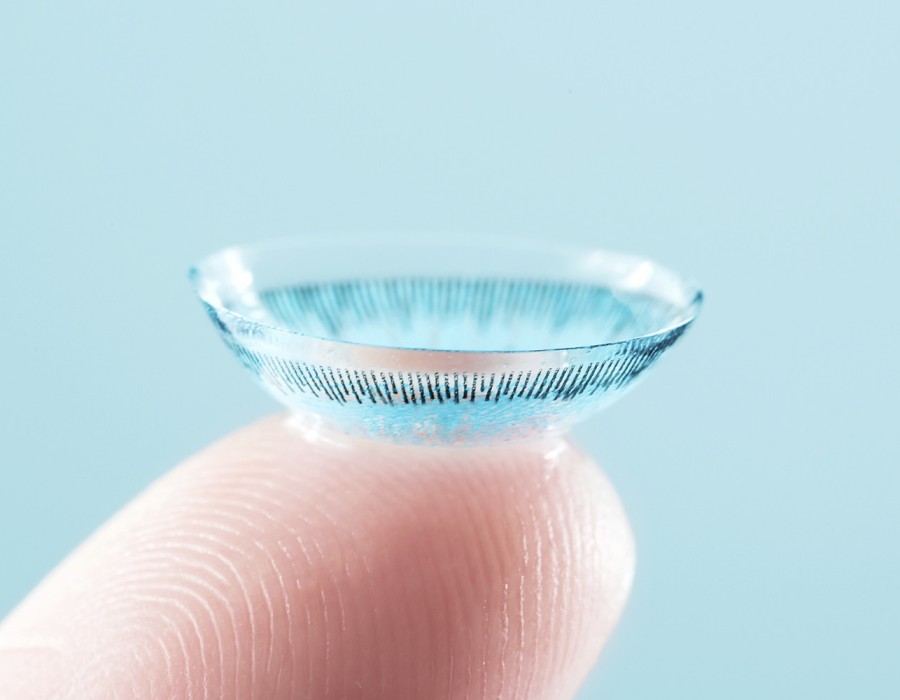Selecting the right contact lenses is a crucial decision that impacts not only your vision but also your comfort and daily activities. For residents of Mississauga seeking the best options for their eyes, understanding your lifestyle and visual needs is the first step towards finding the perfect fit. Meadowvale Optometry is dedicated to helping you navigate these choices for Contact Lenses in Mississauga. This guide will walk you through the key considerations to help you make an informed decision.
1. Understanding Your Daily Activities
Your daily routine plays a significant role in determining the most suitable type of contact lenses. Consider the following:
Active Individuals: If you lead an active lifestyle, participating in sports or frequent physical activities, daily disposable contact lenses might be the most convenient and hygienic option. They eliminate the need for cleaning and storage, reducing the risk of infection and providing clear, stable vision during movement.
Office Workers and Computer Users: Spending long hours in front of a computer screen can lead to dry eyes. Contact lenses designed for extended wear or those with moisture-retaining properties might be beneficial. Discuss blue light filtering options with your eye care professional, as some contact lenses now offer this feature.
Travel Enthusiasts: For frequent travelers, daily disposables offer ease and convenience, eliminating the need to carry solutions and cases. Extended wear lenses could also be an option, but it's crucial to follow your optometrist's guidelines for safe wear.
Individuals with Allergies: If you suffer from seasonal allergies, daily disposable lenses can help minimize the buildup of allergens on the lens surface, reducing irritation and discomfort.
2. Considering Your Vision Correction Needs
Different types of contact lenses cater to various vision correction requirements:
Nearsightedness (Myopia) and Farsightedness (Hyperopia): Standard spherical contact lenses are designed to correct these common refractive errors.
Astigmatism: Toric contact lenses have a specific shape to correct the irregular curvature of the cornea that causes astigmatism, providing clear and stable vision at all distances.
Presbyopia: Multifocal contact lenses have different power zones to help individuals with presbyopia see clearly at near, intermediate, and far distances, reducing the need for reading glasses.
3. Evaluating Comfort and Eye Health
Comfort and maintaining good eye health are paramount when choosing contact lenses:
Lens Material: Contact lenses are made from various materials, including hydrogel and silicone hydrogel. Silicone hydrogel lenses generally allow more oxygen to reach the cornea, which can improve comfort and reduce the risk of hypoxia-related complications, especially for extended wear.
Water Content: The water content of a lens can affect its comfort, particularly for individuals prone to dry eyes. However, the interaction between the lens material and tear film is also crucial.
Lens Design and Fit: A proper fit is essential for comfort and clear vision. Your optometrist will perform a contact lens fitting to ensure the lenses sit correctly on your eyes and provide optimal vision and comfort.
4. Exploring Different Wearing Schedules
Contact lenses come with various wearing schedules:
Daily Disposables: Worn for a single day and then discarded, offering maximum hygiene and convenience.
Daily Wear: Removed nightly, requiring regular cleaning and storage.
Extended Wear: Can be worn overnight for a specified period (usually up to a week), but this option requires careful consideration and your optometrist's approval due to increased risk of infection.
5. Discussing Any Pre-existing Eye Conditions
If you have any pre-existing eye conditions, such as dry eye syndrome or giant papillary conjunctivitis (GPC), it's crucial to discuss these with your optometrist. They can recommend specific types of contact lenses and care regimens to minimize discomfort and potential complications.
6. Considering Your Budget
The cost of contact lenses can vary depending on the type, brand, and wearing schedule. Daily disposables may have a higher daily cost but eliminate the need for solutions. Discuss your budget with your optometrist to find options that meet your visual and financial needs.
Choosing the right Contact Lenses Mississauga requires careful consideration of your lifestyle, vision correction needs, comfort, and eye health. Consulting with the experienced professionals at Meadowvale Optometry is essential to ensure a proper fit and receive personalized recommendations tailored to your individual requirements. They can guide you through the various options available and help you make a choice that provides clear vision, comfort, and supports long-term eye health.





Comments